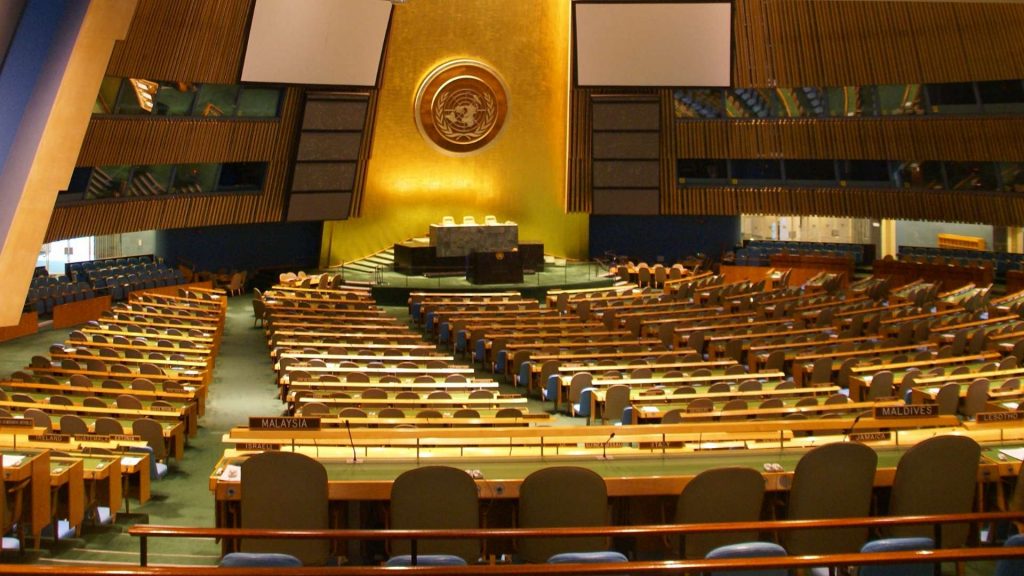This article elaborates on ‘United Nations Office On Drugs And Crime: Full overview and approach to CDD and KYC’. The United Nations Global Programme against Money Laundering (GPML), which is part of the United Nations Office on Drugs and Crime (UNODC), was founded in 1997 to assist member states in complying with United Nations Conventions and other documents dealing with money laundering and terrorist funding.
GPML responsibilities
Helping member states in enacting anti-money laundering legislation.Creating, developing and maintaining anti-money laundering strategies.Encouraging Anti-Money Laundering (AML) policy development.Raising public awareness about money laundering.Serving as a coordinator of United Nations led Anti-Money Laundering initiatives with other international organizations.
The Global Programme against Money Laundering (GPML) has developed model laws for both common law and civil law legal systems in collaboration with the United Nations Drug Control Programme (UNDCP) Legal Advisory Section to assist countries in establishing their Anti-Money Laundering (AML) legislation in full compliance with international legal instruments against money laundering.
The United Nations conventions
Several United Nations conventions and other instruments have been developed over the past two decades to deal with money laundering and terrorist financing. These now include: the United Nations Convention against Trafficking in Narcotics and Psychotropic Substances (the Vienna Convention), the United Nations Convention against Transnational Organised Crime (the Palermo Convention), the United Nations Convention against Corruption (UNCAC), and the Terrorist Financing Convention (formally the International Convention for the Suppression of the Financing of Terrorism).
In the context of the United Nations’ efforts to prevent and combat terrorism, the United Nations Office on Drugs and Crime (UNODC) has an expanded program of work for technical assistance to counter-terrorism. This is based on mandates recommended by the United Nations Commission on Crime Prevention and Criminal Justice and approved by the United Nations General Assembly.
Mandate inclusions
These mandates, carried out by UNODC’s Terrorism Prevention Branch (TPB) within the Division for Treaty Affairs (DTA), include the provision of technical assistance and advisory services to countries in their fight against terrorism. Consequently, the UNODC’s operational activities focus on strengthening the legal regime against terrorism. This involves providing legislative assistance that enables countries to become parties to and implement the universal anti-terrorism conventions and protocols and Security Council Resolution 1373 (2001).
UNODC’s Mission
The UNODC aims to assist member states in their struggle against illicit drugs, crime, and terrorism. It is also resolved to intensify efforts to fight transnational crime in all its manifestations, to increase efforts to implement the commitment to counter the world drug problem and to take concerted action against international terrorism.
Three main objectives of UNODC
To provide field-based technical cooperation projects to enhance the capacity of member states to counteract illicit drugs, crime, and terrorism; To conduct research and analytical work to increase knowledge and understanding of drugs and crime issues and expand the evidence base for policy and operational decisions; To work to assist States in the ratification and implementation of the relevant international treaties, the development of domestic legislation on drugs, crime, and terrorism, and the provision of secretariat and substantive services to the treaty-based and governing bodies.
Final Thoughts
In compliance withUnited Nations Conventions and other documents dealing with money laundering and terrorist funding, The United Nations Global Programme against Money Laundering (GPML), which is part of the United Nations Office on Drugs and Crime (UNODC), was founded. Mainly, to help member states in enacting and implementing CDD and KYC legislation.




